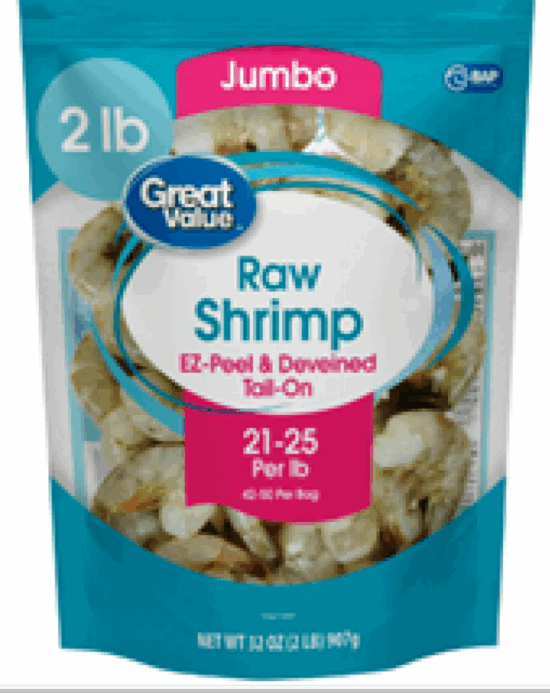Australia, Canada and Ireland have recently made financial contributions to a program that helps other countries improve food safety.
Australia is providing $4 million (U.S. $2.6 million) through the Standards and Trade Development Facility (STDF) to help developing countries and least-developed countries (LDCs) access global agriculture markets.
STDF aims to strengthen sanitary and phytosanitary (SPS) capacity in developing countries and enable them to participate more in international trade.
Ngozi Okonjo-Iweala, World Trade Organization (WTO) Director-General, said: “We’re grateful for Australia’s ongoing support in helping farmers and small businesses to improve their capacity to meet sanitary and phytosanitary standards in export markets.”
Australia is also involved in several STDF initiatives on the ground. This includes ongoing work to strengthen the apiculture industry in the Pacific, where women and youth play key roles, and to pilot innovative approaches for food safety audits and inspections.
James Baxter, Australia’s permanent representative to the WTO, said: “As an agricultural exporter and island nation, Australia is keenly aware of how important it is for countries to be able to access the WTO SPS Agreement.”
STDF was established by the Food and Agriculture Organization of the United Nations (FAO), the World Bank Group, the World Health Organization (WHO), the World Organisation for Animal Health (WOAH), and the WTO.
Canadian contribution
Earlier this year, Canada gave $250,000 (U.S. $181,000) to the STDF to help improve SPS capacity in developing nations.
Okonjo-Iweala said: “Compliance with international standards enhances food security in both importing and exporting countries by facilitating trade in agricultural products. The long-term impact of STDF-related programs will benefit producers, traders and governments along global and regional value chains, helping them raise export revenues, income levels and living standards.”
Canadian officials have also shared expertise to strengthen delivery of STDF programs. This includes projects to pilot the use of Codex Guidelines on voluntary third-party assurance programs (vTPA) in Africa and Central America for more effective risk-based food safety systems.
The Canadian Food Inspection Agency (CFIA) held a learning visit for regulators from Honduras and Belize in 2024, and co-organized webinars in March and April 2025 attended by more than 100 experts, to share insights from Canada’s risk-based food safety model. This month, the CFIA will also host regulators from Rwanda and Uganda.
Heath MacDonald, Canada’s Minister of Agriculture and Agri-Food, said: “The Government of Canada will continue to support global efforts to adopt international standards for food safety and animal and plant health.”
Finally, Ireland is contributing €200,000 ($235,300) to support the STDF.
It will aid efforts to enhance food safety, and animal and plant health systems across Africa, Asia and the Pacific, Latin America and the Caribbean.
Neale Richmond, Ireland’s Minister of State for International Development and the Diaspora, said: “Supporting the STDF is an investment in safer food systems, stronger economies and more inclusive trade.”
(To sign up for a free subscription to Food Safety News, click here)



